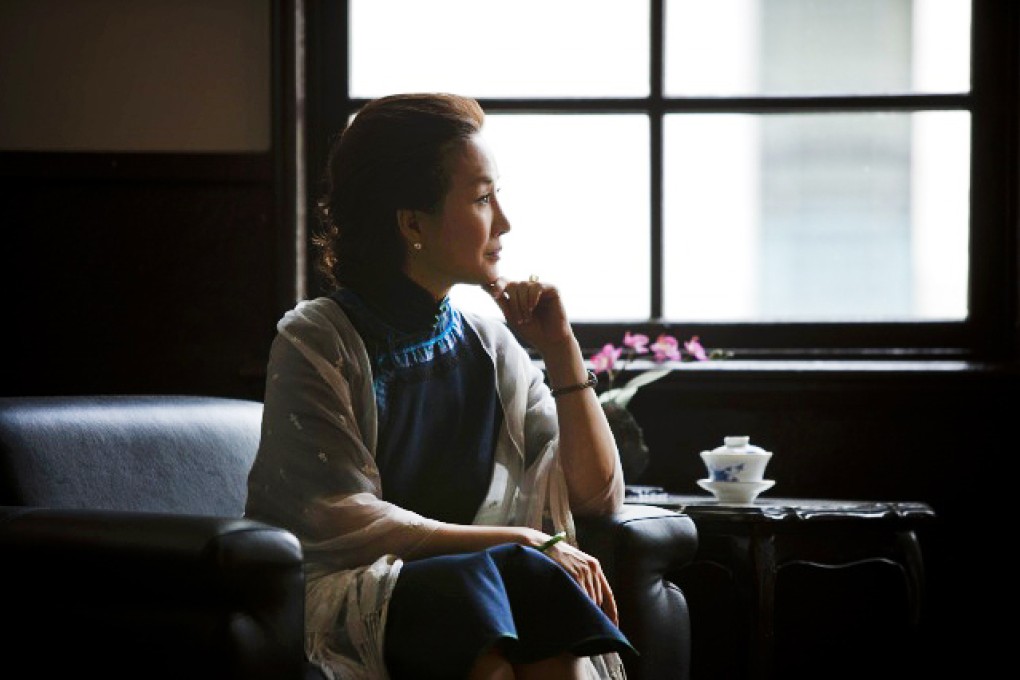Wei Haimin awe-inspiring in ambitious project
This year's Taiwan Cultural Festival began with what may have been the city's first musical in the Peking Opera style. The two-hour play tells the story of Meng Xiaodong, a characterful Peking Opera legend, and her two men.

Peking Operatic Musical: Meng Xiaodong
Guo Guang Opera Company (Taiwan)
Hong Kong Culture Centre Grand Theatre
This year's Taiwan Cultural Festival began with what may have been the city's first musical in the Peking Opera style. The two-hour play tells the story of Meng Xiaodong, a characterful Peking Opera legend, and her two men: legend of Peking Opera Mei Lanfang and the godfather of old Shanghai, Du Yuesheng.
There is no better choice than this production to highlight the connection between Hong Kong and Taiwan. Meng and Du were married in the British crown colony after they left Shanghai in 1949. The composer of the music the opera is set to is Hongkonger Chung Yiu-kwong, who led his Taipei Chinese Orchestra on the semi-stage for the Hong Kong premiere of this ambitious project.
It was ambitious because the play featured a mixture of operatic styles other than Peking Opera, such as Kunqu, and Chung's own writing - reminiscent of those television theme songs by Joseph Koo.
Perhaps the intention was to demonstrate the versatility of Wei Haimin, the Guo Guang Opera Company's diva. Wei played the title role in various capacities, from narrator to singer, and offered all the stagecraft that came with it. Wei's stylised moves were exquisite. But it was her singing technique that was really jaw-dropping, especially the one-person duet singing both the male and female voices in Si Lang Visiting His Mother.
That aria, along with the acrobatic scene before it, was the climax of the play. Unfortunately it took place early on, giving the audience a high expectation that was never quite delivered.